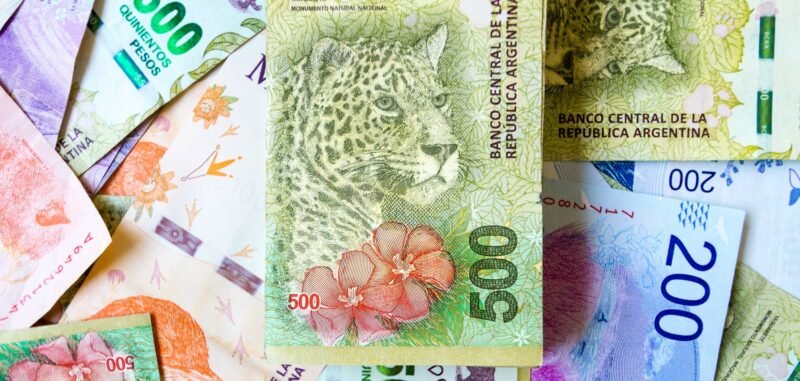Argentina’s Economic Challenges and the Shift towards the BRICS

In recent decades, Argentina has gone through a difficult social and economic situation with many challenges. This included problems with its economy, like the devaluation of its currency and increasing prices. The country has also faced issues with high inflation rates and a significant gap between the incomes of different groups of people.
This has greatly affected the economy and how people live their everyday lives. The country also faces big problems with debt and unemployment, especially for young individuals. It’s expected that these issues will persist in the future.
Argentina seems to be getting closer to the group of rapidly growing economies known as BRICS, and particularly China, which is causing dissatisfaction among Western countries.
Challenges and Prospects for Argentina’s Economy and Social Stability
The Argentine economy is expected to experience further deterioration as inflation increases and the population faces a decline in purchasing power.
- Based on information provided by the National Institute of Statistics and Census (INDEC), the poverty rate in 2022 indicates that approximately 29.6% of households and 39.2% of the population are living below the poverty threshold.
- In the year 2023, Argentina experienced a significant increase in inflation, reaching a rate of 108.8% annually. Additionally, the Consumer Price Index (CPI) rose by 8.4%, primarily fueled by escalating prices. These economic circumstances ultimately resulted in the resignation of the Minister of Economy during that period.
- As of June 2022, the Ministry of Finance reported a public debt of USD 378.518 billion, which accounts for approximately 31.5% of Argentina’s gross domestic product (GDP).
- During 2022, the Argentine peso (currency) experienced a significant devaluation of 41% against the US dollar in both informal and financial markets. In 2023, the peso’s downward spiral continues, accompanied by a substantial increase of 104% in consumer prices.
Argentina is expected to increasingly align itself with the BRICS nations, particularly China, in order to enhance its economic position.
- Argentina has expressed its interest in becoming a member of the BRICS, which is a group of countries including Brazil, Russia, India, China, and South Africa. By applying for membership, Argentina aims to expand its trade and investment connections beyond its usual partners like the United States and Europe.
- In November 2022, Argentina decided to continue its currency swap arrangement with China, increasing it by USD 5 billion. This move is aimed at strengthening Argentina’s foreign currency reserves.
- Starting in early 2023, Argentina revealed its plan to use the Chinese currency, the yuan, for paying for imports from China instead of the US dollar. This decision was made in order to address the issue of Argentina’s decreasing dollar reserves.
Considering the current economic situation and political instability, it is probable that the social condition will deteriorate further, leading to a rise in the frequency of protests.
- Because of the country’s economic situation, there is increasing social unrest in Argentina and protests are happening frequently. In July 2022, a protest named “El Argentinazo” was organized through social media to express dissatisfaction with the leadership of Alberto Fernández and Cristina Kirchner.
- In August 2022, various groups including social organizations and trade unions came together and organized marches to call for immediate actions to help citizens cope with the rising cost of living. Thousands of people participated in these marches.
- In November 2022, a large number of Argentinians gathered in Buenos Aires to protest. Their main demands were for increased job opportunities and better assistance from social welfare programs.
- In May 2023, there were protests against the International Monetary Fund (IMF) in Argentina. The reason for the discontent was the large amount of debt that was accumulated by the previous government.
Analysis: Argentina’s Economic Situation Expected to Worsen, Potential for Increased Unrest and Closer Ties with China
Argentina’s economic situation is expected to continue deteriorating, leading to potential increases in unhappiness and social unrest. There are indications of Argentina’s growing proximity to China and its expressed interest in the BRICS, which may result in conflicts with Western countries. The analysis considers information from news sources in Spanish and English, supplemented by insights from a Latin American expert.
The current government is likely to maintain its existing policies until the December 2023 elections. However, alternative economic policies and potential improvements in the economy could emerge if the assumptions in this analysis are proven inaccurate.
To mitigate uncertainties surrounding these projections, acquiring more information about the Argentine government’s plans and China’s role, along with seeking input from the international community, would be beneficial. Such endeavours would contribute to a more comprehensive understanding and analysis of Argentina’s future economic and geopolitical developments.


















